A new president of Moldova
One month ago, the citizens of the Republic of Moldova went to the polls to elect their president

Corina Cristea, 16.12.2016, 14:09
One month ago, the citizens of the Republic of Moldova went to the polls to elect their president. It was the first time in two decades that the president was elected by direct vote. The winner, pro-Russian Socialist Igor Dodon, won by 70,000 votes in the race against pro-European candidate Maia Sandu. The results were validated this week by the Constitutional Court of Moldova, which confirmed Igor Dodon as head of state. At the same time, they called on the Moldovan Parliament to review legislation in order to remove shortcomings noticed during the elections and the campaign. The president elect will be sworn in on 23 December, and he has already announced the changes in policy he intends to apply. This includes the federalization of the Republic of Moldova.
Here is political analyst Vlad Turcanu commenting on that: ”We have to make a clear distinction between Igor Dodons election campaign discourse, which he has not completely disavowed, and the attributions of the president of the Republic of Moldova, granted by the Constitution, allowing him to introduce such projects as federalization. The Republic of Moldova is, after all, a parliamentary country, and Igor Dodons attributions have in the meantime reduced substantially. And I recall here the decision passed by Parliament to transfer the intelligence services, for instance, under their control, after being under the control of the presidency. I also believe that Igor Dodon, after taking over the office, will face a situation under which he will be unable to apply the plans he announced publicly in the campaign, because there are state institutions, such as the Foreign Ministry, which follows very precise policies, also specified in national legislation, as well as in the Association Agreement which Moldova has with the European Union.”
Igor Dodon was faced with a situation in which he had to admit, in interviews with mostly Russian media outlets, that he does not have enough prerogatives to attack the Association Agreement with the EU without working with Parliament.
Here is Vlad Turcanu again: “One of Igor Dodons campaign themes was to develop economic cooperation with the Russian Federation. Any expert in Chisinau would say that, first of all, a re-launch of economic cooperation with Russia is not forthcoming soon, and any opening by Moscow towards this cooperation would mean serious concessions in Moldovas foreign policy, regarding, for instance, the separatist region of Trans-Dniester. Parliament will not allow him to intervene in the cooperation with the European Union.”
Vlad Turcanu added that Igor Dodon would not have won the presidency without support from the state apparatus, the media support provided by the Democratic Party, who opted for him against Maia Sandu, because for them Igor Dodon was a candidate and now a president that is much more comfortable than Maia Sandu, who showed she was opposed to any attempt made by the Democratic Party at pulling her on their side.
In terms of the relationship with the Russian Federation, Vlad Turcanu believes that Dodon is an agent acting on behalf of Moscow: “The Republic of Moldova right now has a strategic partnership with the Russian Federation, which Igor Dodon is supposed to substantiate. The extent to which this may occur depends on the political class in Chisinau. But, considering that the Republic of Moldova is dependent on foreign financing and that it can reform its institutions with help from the West, including there Romania, the EU and the US, I believe that a better relationship with the Russian Federation is possible, but one cannot overlook the lapses in the past. I dont believe Moscow is willing to give way in relation to Moldova regarding Trans Dniester, for instance. Russia wants all or nothing. I dont think Igor Dodon has any chance to get concessions from the Kremlin in terms of the Trans Dniester situation. We have seen how that was not possible under Vladimir Voronin, who tried, just like Igor Dodon, to convince Moscow in 2001-2002 to grant them control over that region. We know what outcome Vladimir Voronins attempts in this direction had — a freeze in relations between Chisinau and Tiraspol for almost five years. The Russian Federation is not willing, as far as Im concerned, to relent in relation to the Republic of Moldova no matter who is president, Igor Dodon or a pro-European president.”
On the other hand, Vlad Turcanu said that the fact that the Social Democratic Party won the elections in Romania might mean that economic and political relations between Romania and Moldova could be boosted, considering the special relationship cultivated by the Romanian ruling party with the Moldovan Democratic Party, which is now ruling after these elections.






























